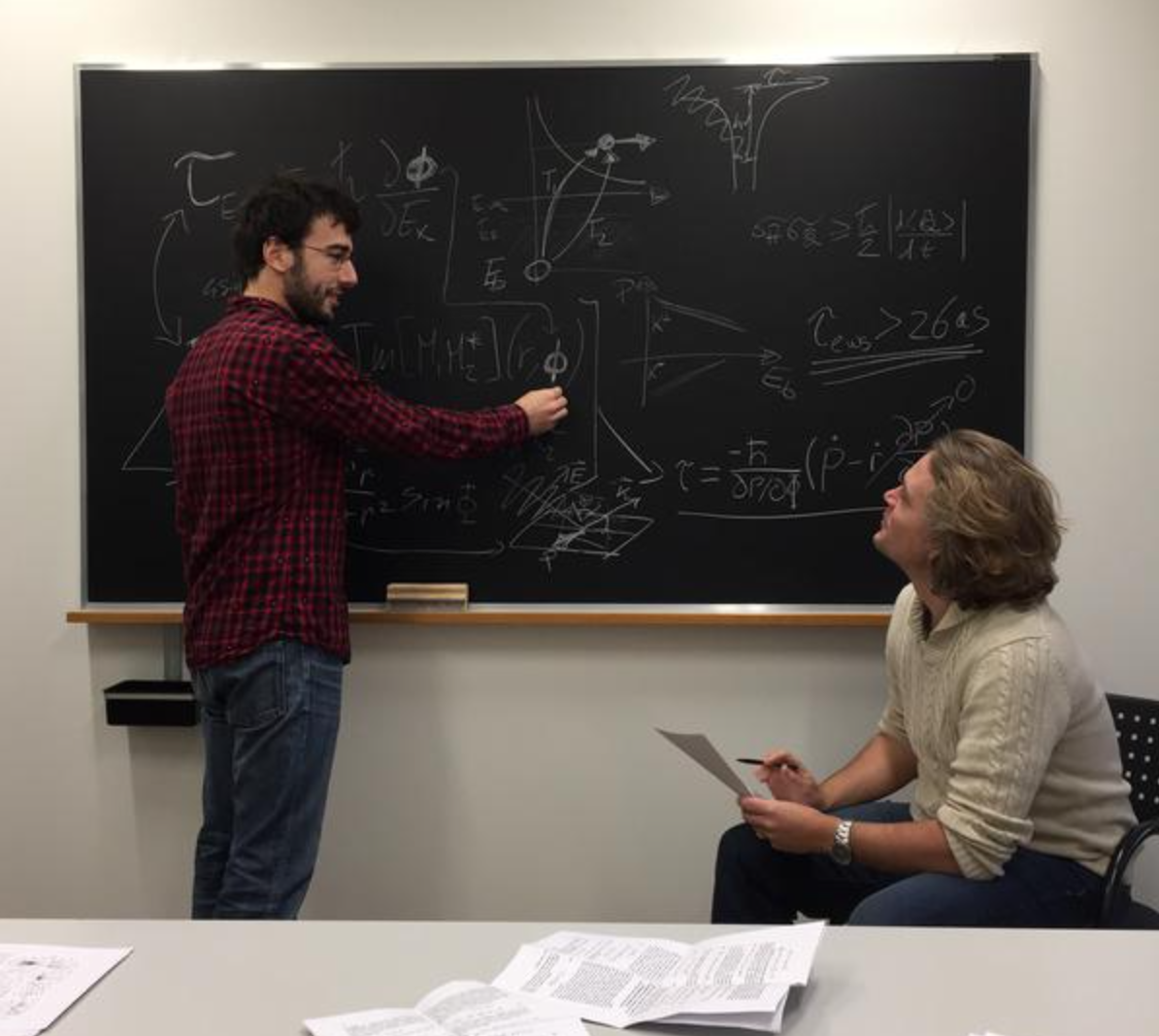
By honoring the legacy of women in data science, researchers at the University of Hawaiʻi at Mānoa are advocating for a more inclusive and innovative future in this rapidly evolving field. Their work, published in the June 2025 issue of Patterns, aims to shed light on the significant contributions of women and the ongoing challenges they face in the industry.
The article, titled “Highlighting the Achievements and Impact of Women in Data Science,” was co-authored by Lauren Higa, a PhD student in the Molecular Biosciences and Bioengineering Program at the College of Tropical Agriculture and Human Resilience, and her advisor, Youping Deng, professor and director of the Bioinformatics Core at the John A. Burns School of Medicine (JABSOM).
Honoring Pioneers and Modern Leaders
The publication pays tribute to historical figures such as Ada Lovelace, recognized as the first computer programmer; Florence Nightingale, who utilized data to advance public health; and NASA mathematicians Katherine Johnson, Dorothy Vaughan, and Mary Jackson, whose computational work was pivotal for space exploration. These trailblazers laid the groundwork for the field of data science as we know it today.
In addition to these pioneers, the article highlights contemporary leaders like Fei-Fei Li, whose ImageNet project has been instrumental in transforming artificial intelligence and computer vision. The enduring impact of these women underscores the critical role they play in the advancement of data science.
A Call for Equity and Inclusion
Despite these remarkable contributions, women remain significantly underrepresented in science fields. According to a 2024 Anaconda report, women comprise only 23% of the global data science workforce. Higa and Deng argue that this lack of representation not only hinders progress but also limits innovation and introduces bias in data-driven technologies.
“The underrepresentation of women in data science is a barrier to innovation and equity. Addressing this gap is crucial for the development of unbiased and comprehensive technologies.”
To tackle the gender disparity, Higa and Deng propose several actionable solutions. These include enhancing mentorship and sponsorship opportunities, ensuring equitable access to authorship and publishing, and implementing institutional policies that promote work-life balance and long-term career support.
Inspiring Change Through Leadership
Through their research and leadership at JABSOM’s Bioinformatics Core, the UH Mānoa team aims to inspire positive change in the data science landscape. They envision a future that is inclusive, equitable, and reflective of the diverse communities it serves.
The announcement comes as the tech industry faces increasing scrutiny over diversity and inclusion practices. Many organizations are now recognizing the value of diverse perspectives in driving innovation and are taking steps to address these issues.
Historical Parallels and Future Directions
The challenges faced by women in data science are not new. Historical parallels can be drawn with other scientific fields where women have struggled for recognition and equal opportunities. However, as awareness grows, so does the potential for meaningful change.
“By learning from the past and implementing strategic changes, we can create an environment where women in data science not only participate but thrive.”
Looking ahead, the efforts of researchers like Higa and Deng are crucial in shaping a more inclusive future for data science. Their work serves as a reminder of the importance of diversity in driving innovation and the need for continued advocacy and action.
As the field of data science continues to expand, the inclusion of diverse voices will be essential in addressing complex global challenges and ensuring that technological advancements benefit all of humanity.





